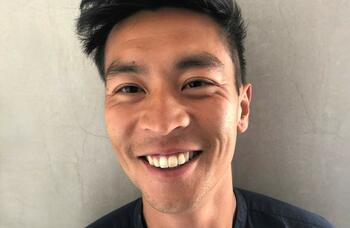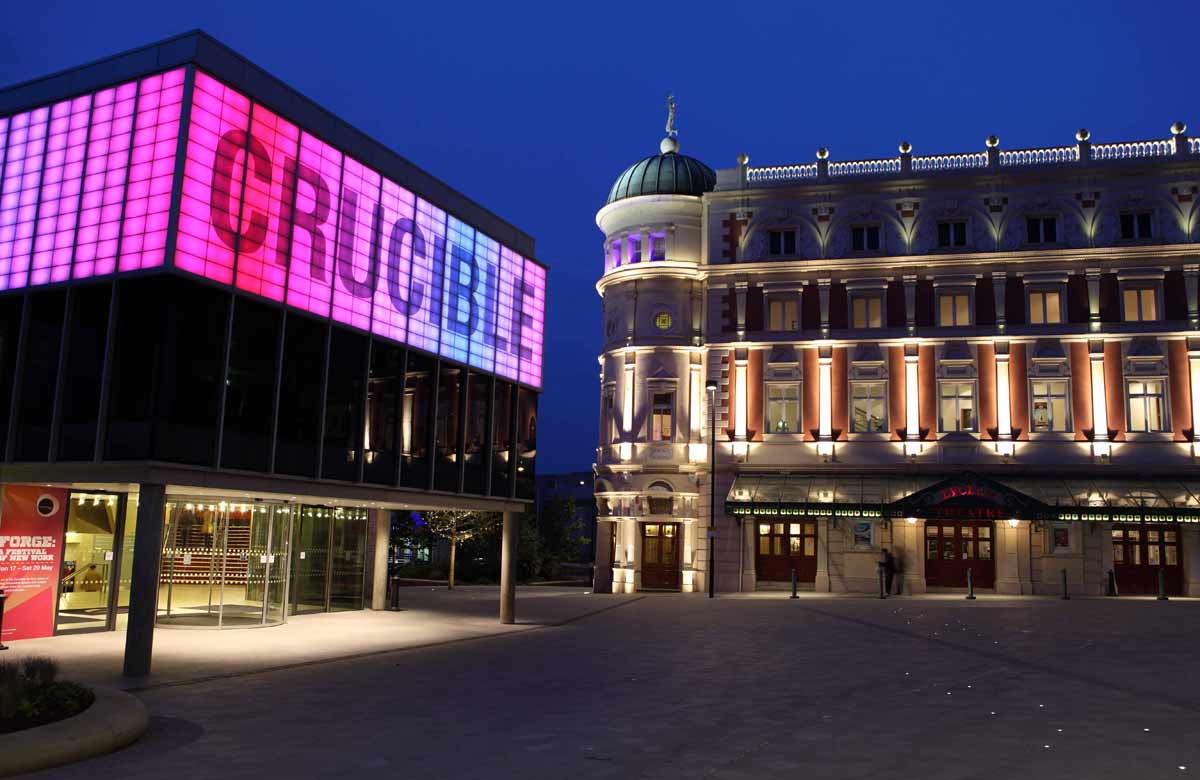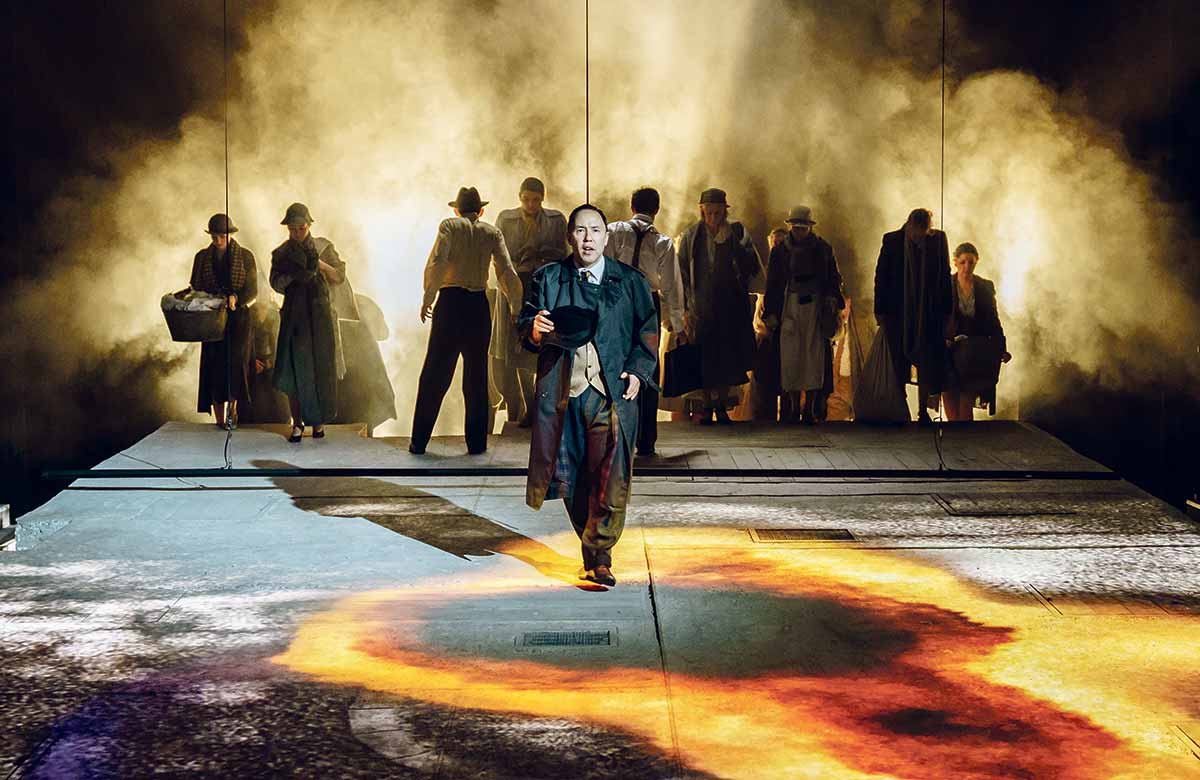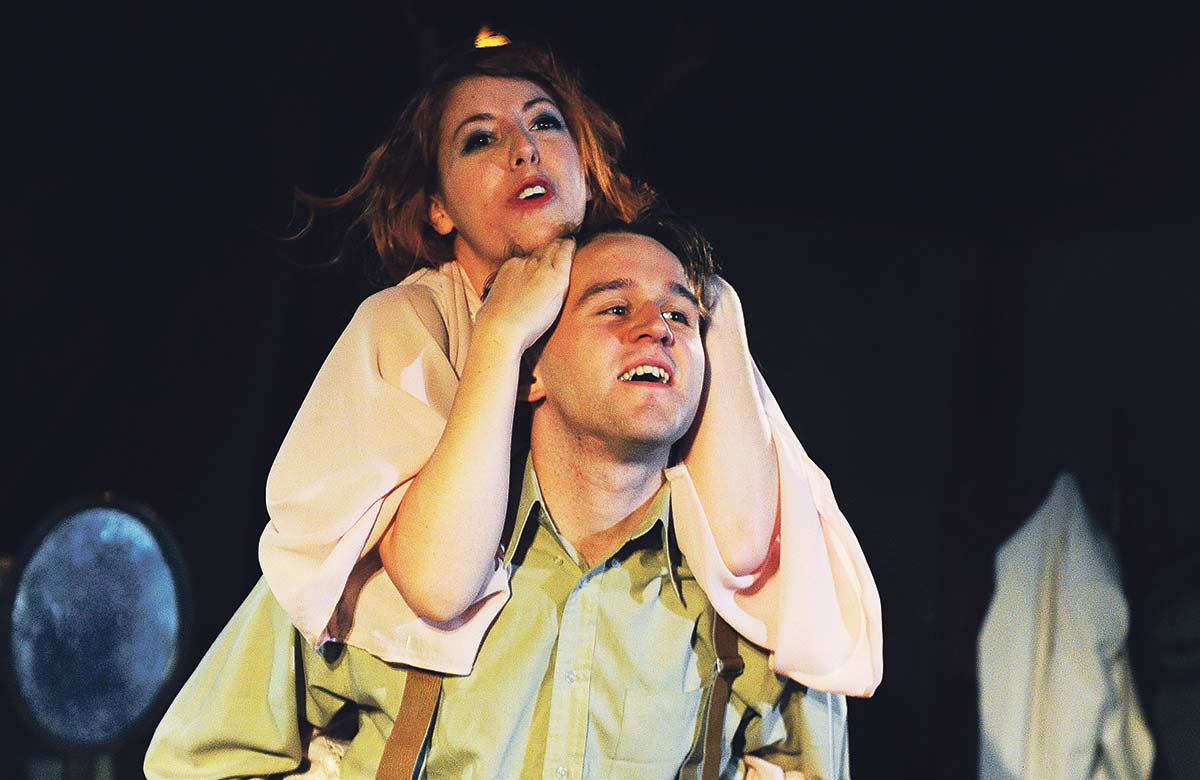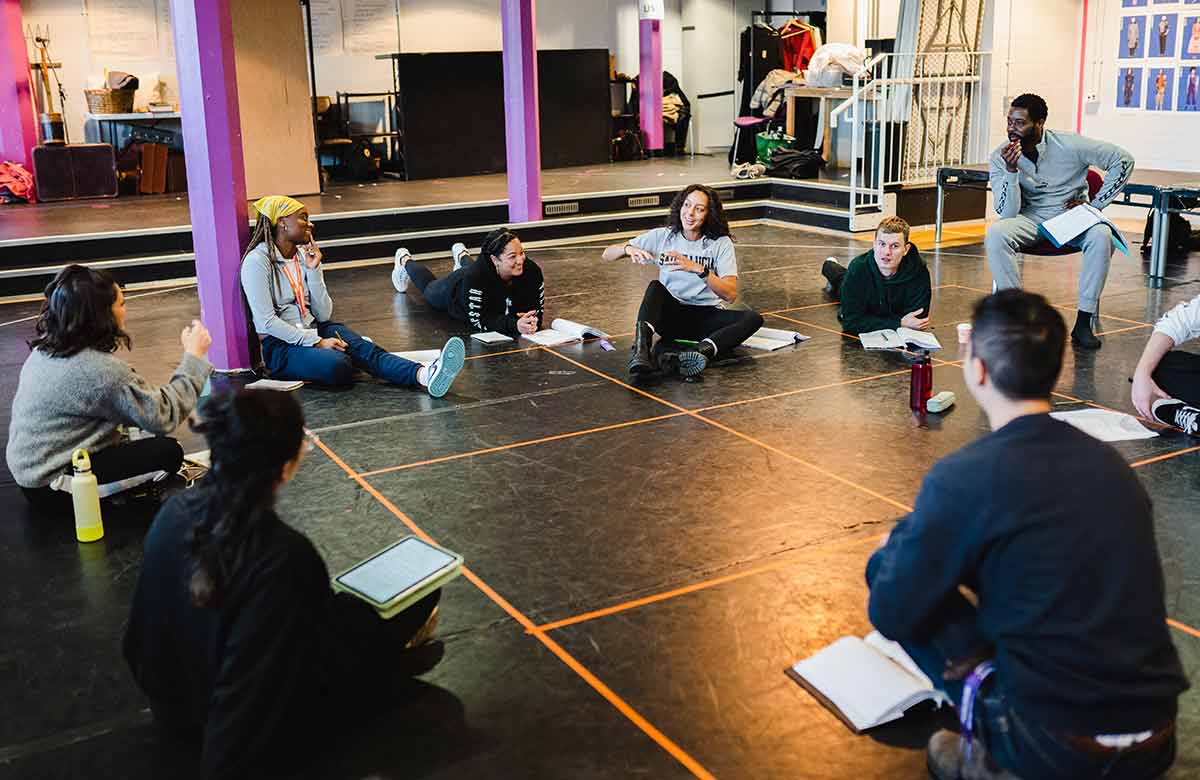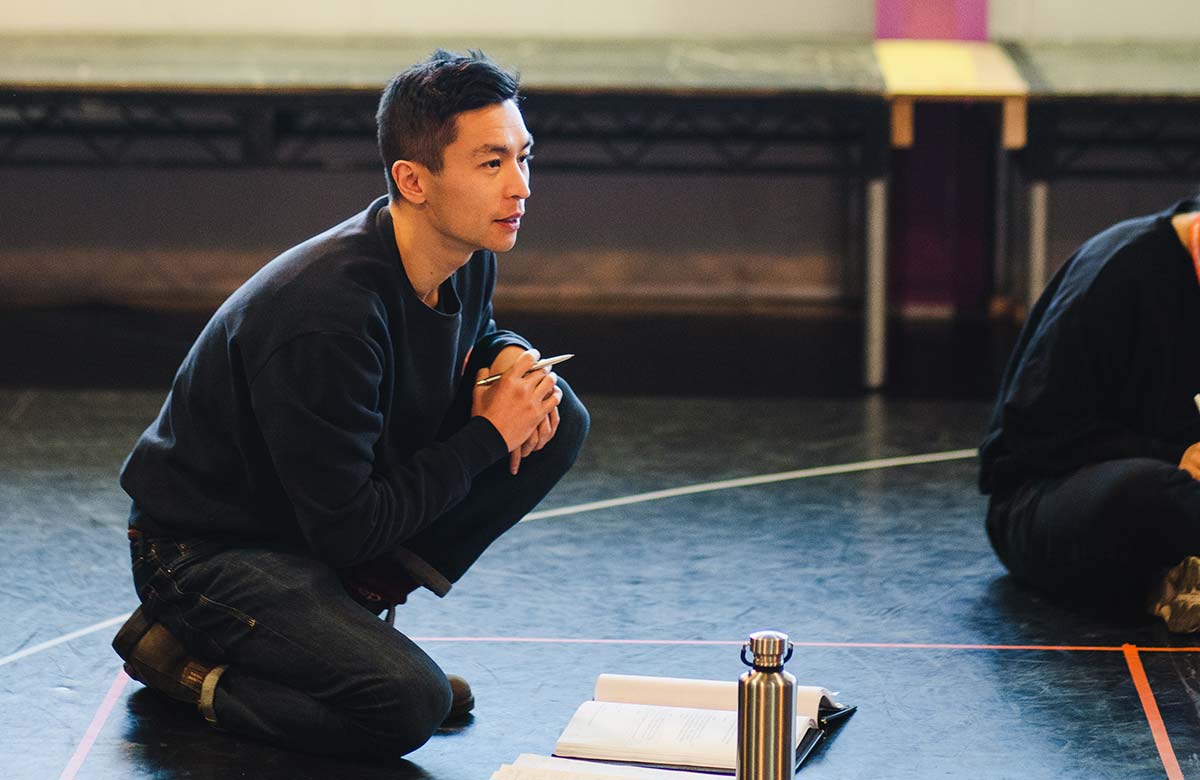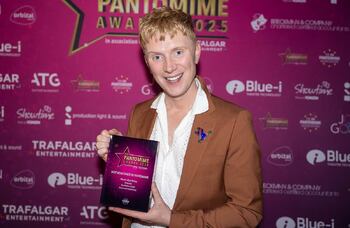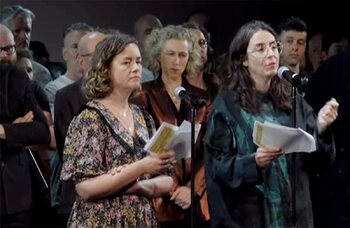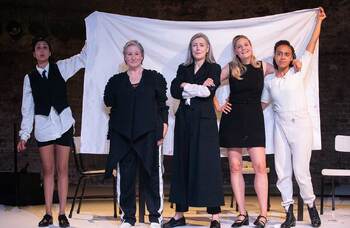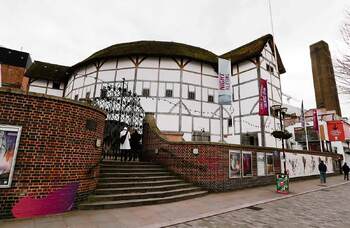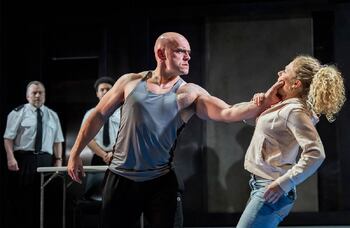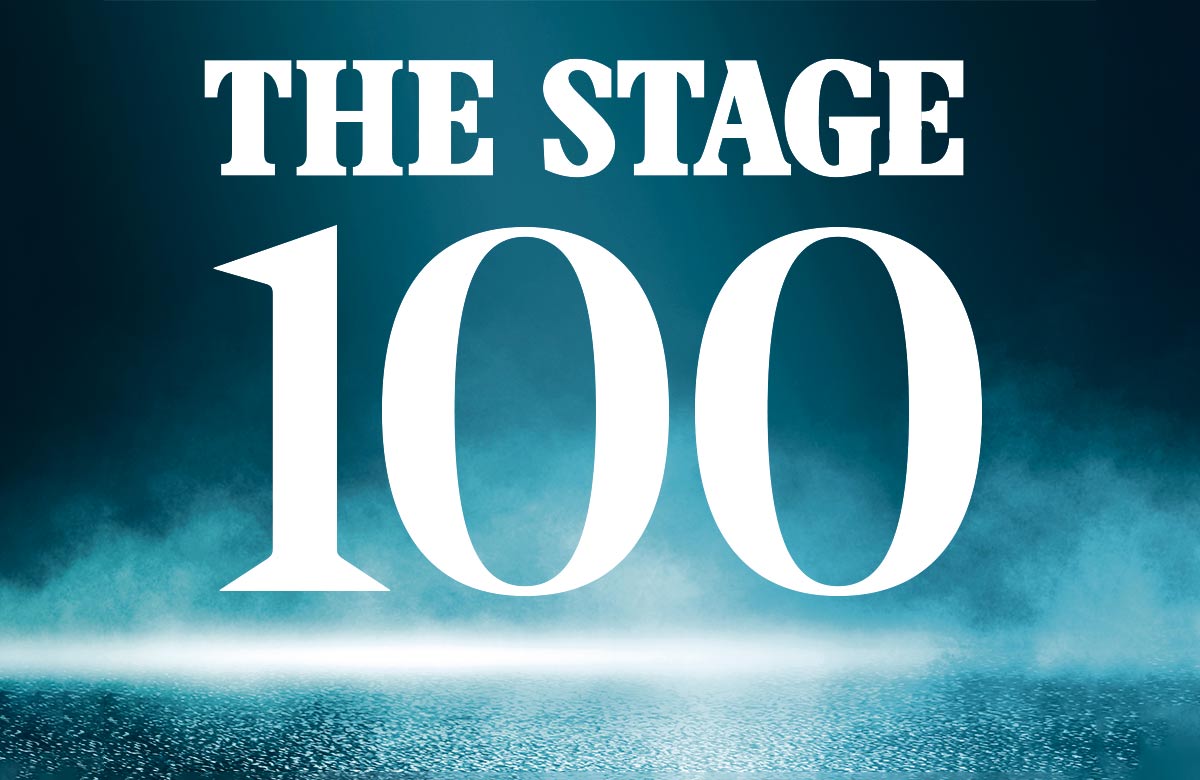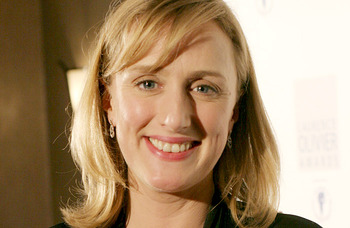Director Anthony Lau: ‘I’ve always been fascinated by reimagining the classics’
Ahead of the opening of his production of Anna Karenina at Sheffield Crucible, director Anthony Lau tells Natasha Tripney about surprising an audience that is already familiar with the play and opening up classic roles to people from diverse backgrounds
Anthony Lau appears both delighted and surprised that he is embarking on rehearsals for Anna Karenina at Sheffield Crucible.
There was, he says, a period before Christmas when he wondered: ‘Can we do this?’ When productions everywhere were being postponed and cancelled as a result of the surge in Omicron infections, he questioned whether it would even be possible to bring the production to the stage.
If all goes to plan, his production opens on the Crucible’s main stage in February. “I’ve always been fascinated by reimagining classics,” he says. Lau enjoys the challenge of finding an answer to the question of “how you surprise an audience when they already know how [a story] ends and when they have such a clear picture of what the story should be and how it should look”.
It’s no easy thing to condense Tolstoy into a two-hour production, but it is possible to capture the spirit of the text. Tolstoy “writes brilliantly about the smallness of life, and the size of living, and that feels really central to the story that we wanted to tell”, Lau says.
The central theme of Anna Karenina is, to Lau’s mind, “how do you choose to live this one life you have to live?”. He adds: “After the past couple of years, that’s a question that’s relevant to everyone. “What are we doing with ourselves now? What are we choosing to do with our time?”
Lau’s production uses Helen Edmundson’s adaptation, first performed by Shared Experience in 1992. He was drawn to it not just for the artful way it condenses the text, but for the visual way in which it tells story.
Lau believes it’s entirely possible for the production to be set in 19th-century Russia and still reflect the world today. This is important. Growing up watching Cantonese films, he wasn’t as consciously aware of a lack of Asian representation on screen, but never seeing someone of the same heritage play the lead in US and UK movies has a subconscious impact. Watching Marvel superhero film Shang-Chi and the Legend of the Ten Rings over Christmas with his parents, he felt quite emotional. “I love the idea of doing that with Anna Karenina – of facilitating that.”
While he believes theatre audiences are more accepting of people of different heritage playing characters from classic texts, he says: “It still doesn’t happen all that often.” There’s still a tendency to ‘explain’ the casting choices by relocating a play to, say, a country in Africa.
Lau didn’t see a lot of theatre growing up, but he remembers a school trip to see The Woman in Black. His group was noisy to begin with but after a while they became “totally invested in these two blokes and a hamper”. He remembers sitting there and thinking: ‘This is awesome.’
From that point, he became more interested in theatre, performing in school plays and joining a youth theatre. He felt he’d found his tribe, though he quickly realised he was not the greatest actor. So, at the University of Nottingham, he started directing, initially as a way of figuring out where and how he fitted.
After training as a director at LAMDA, his first job was working at London’s Orange Tree on Hungry Ghosts, Tim Luscombe’s play about Formula One racing and human rights abuses, set in China. “I was in a room full of East Asian actors, and I didn’t realise that wasn’t the norm.” The cast made it clear that this wasn’t the case. “And on pretty much every other job after that I realised they were right. They were spot on.”
In 2012, he made his directing debut with a production of John van Druten’s I Am a Camera, the play based on Christopher Isherwood’s Berlin novels – the same source material as Cabaret – with Harry Melling in the Isherwood role. Making it taught Lau the importance of “not trying to do too much and being clear what your expectations are”.
He took on roles at regional theatres, including at Chichester and the Nuffield in Southampton, where he spent a year as laboratory associate director. This gave him an insight into how buildings and organisations work as well as allowing him to “figure out what theatre meant to the rest of the country that isn’t London”.
Q&A
What was your first professional theatre job?
Hungry Ghosts at the Orange Tree Theatre, London.
What’s your next job?
Working on Rock, Paper, Scissors for Sheffield Theatres.
Who or what was your biggest influence?
There have been a lot of teachers – not just drama teachers, but teachers who made things joyful and fun – things that could otherwise have been boring..
What advice do you wish someone had given you?
There’s no hurry. We spend so much of our time looking at all the people who are doing better than us. I think it’s useful to look at other people’s journeys, but I also think it’s important to look back at how far you’ve come and not forget that.
Do you have any theatrical superstitions or rituals?
I always pack my bags before the first day of rehearsals. I always get nervous. But I’ve learned to recognise that as being a normal thing, not a sign that I can’t do something, just a natural feeling. So it’s important to create the space so I don’t have to panic and rush. Packing the bag the night before gives me an extra 20 minutes to have a coffee or some breathing space.
While he believes theatre’s role first and foremost is the creation of art, the past couple of years have demonstrated the valuable role it can play within a community, as a civic space and an outlet for creativity, “a place where people can have their imaginations fired”.
In July 2020, the Nuffield announced it was to close. It was one of the first casualties of the pandemic, which took Lau by surprise as it was “this brave, bold new venture”. As well as being very sad, he says, its closure was a chilling “reminder of actually how fragile the whole ecosystem is”.
Last year, Lau was made associate artistic director at Sheffield Theatres, the first person to be appointed under a new Regional Theatre Young Director scheme to support and develop cultural leadership. He’s aware of how lucky he was to have a staff job and to not be a freelancer during a time of great precariousness in the industry.
After Anna Karenina, Lau will work on Rock, Paper, Scissors, one of the ambitious projects of Sheffield Theatres’ 50th-anniversary season, a trio of interlinked plays written by Chris Bush to be staged in each of the three spaces: the Crucible, Lyceum and Studio. It’s a daunting logistical and creative experiment, but also exciting. Audiences can watch one play or all three or “sit outside and watch people running around – that’s part of the magic of theatre”.
CV Anthony Lau
Born: Dundee, 1986
Training: LAMDA
Landmark productions:
• I Am a Camera, Southwark Playhouse, London (2012)
• The Shadow Factory, Nuffield Southampton (2019)
Anna Karenina is at Sheffield’s Crucible Theatre from February 5-26. For more: sheffieldtheatres.co.uk
Opinion
Recommended for you
Opinion
Recommended for you
Most Read
Across The Stage this weekYour subscription helps ensure our journalism can continue
Invest in The Stage today with a subscription starting at just £7.99


